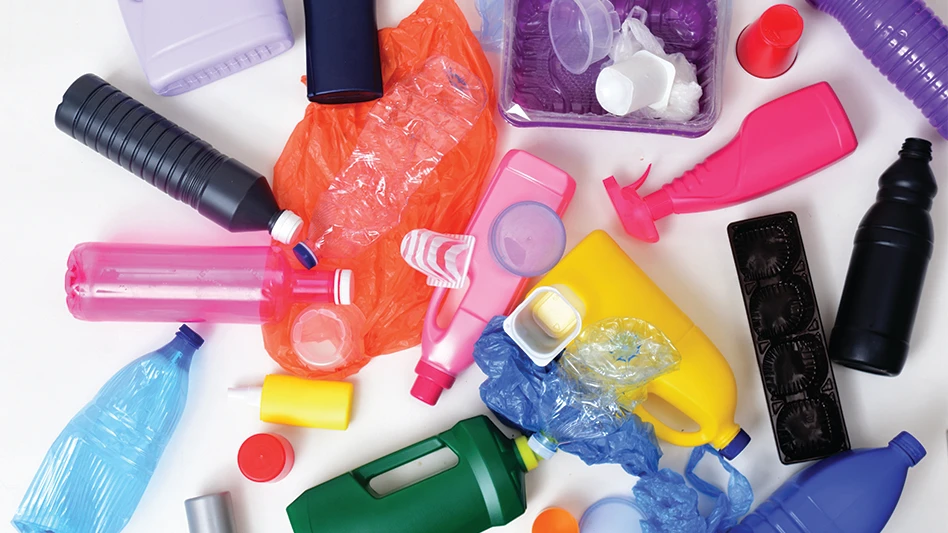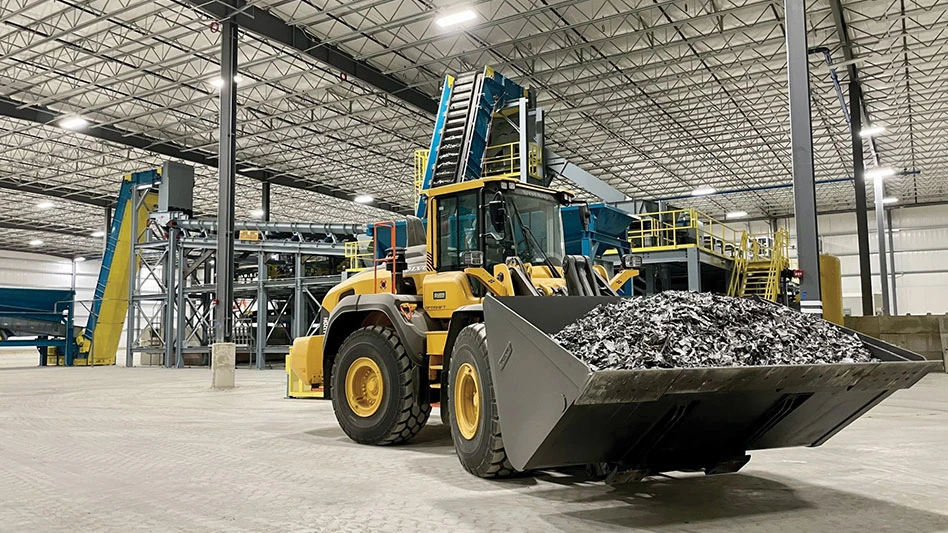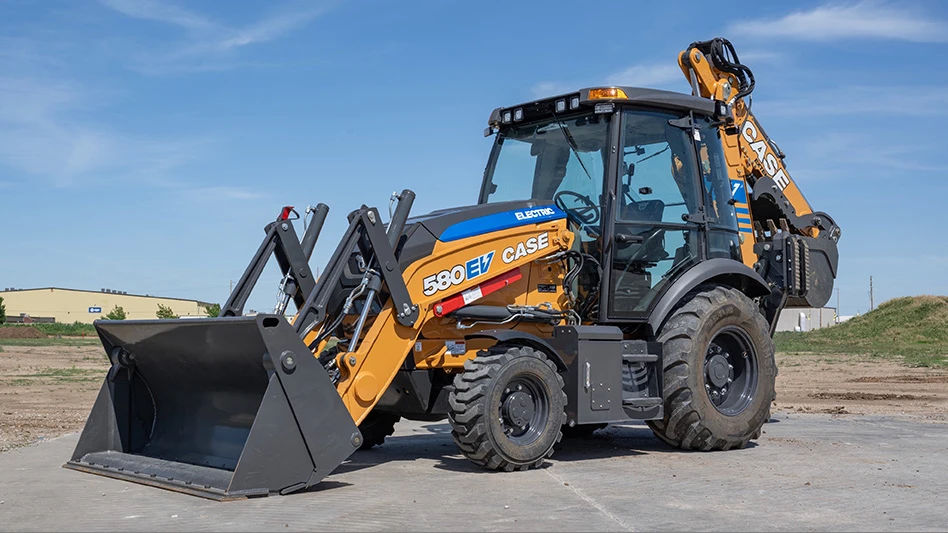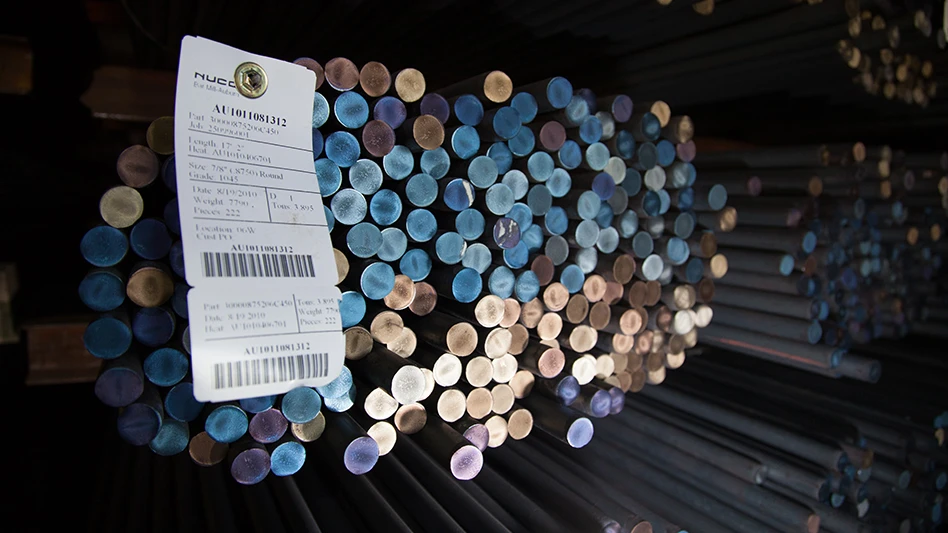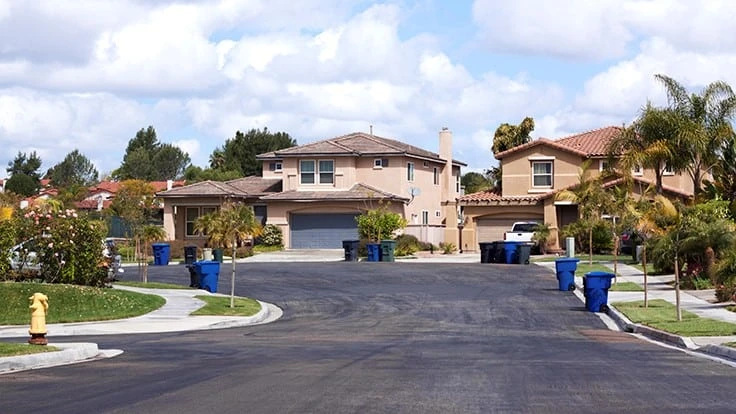
The Recycling Partnership, Falls Church, Virginia, announced Oct. 8 that one year after hosting its inaugural Leadership Summit were representatives from 50 cities attended a two-day recycling summit, the organization is partnering with 10 of those communities to improve recycling. The Recycling Partnership says these collaborations and resulting grants will affect 1.3 million households by helping reduce contamination and capture more than 37 million new pounds of quality recyclables.
“At a time when many cities are stressed financially due to the pandemic, we are beyond thrilled these communities who are leading and driving a more circular economy can utilize our best-in-class resources and grant dollars to build stronger, more resilient recycling systems across the country,” Cody Marshall, chief community strategy officer at The Recycling Partnership, says.
The June 2019 summit, sponsored in part by the PepsiCo Foundation, the Walmart Foundation and Target, featured how-to workshops and showcased best management practices for implementing new recycling infrastructure, fighting contamination and creating messaging to drive behavior change. Participants were equipped with tools and resources to drive recycling transformation locally.
Summit attendees represented 50 of the largest U.S. communities focused on improving curbside recycling programs and recycling at multifamily properties. Combined, these cities included more than 45 million Americans, or 14 percent of the U.S. population.
Funded in part by Target and the Walmart Foundation, postworkshop grants were available for participating communities that submitted a response to a request for information to implement recycling infrastructure and anti-contamination programs aimed at improving the quality and quantity of recyclables in their communities.
“The Walmart Foundation supports strategic efforts aimed at reducing impacts of plastic waste on the environment,” Chelsea Scantlan, sustainability program officer for Walmart.org, says. “Improving recycling infrastructure and educating and engaging consumers are key elements to achieving a cleaner, circular future, and The Recycling Partnership is focused on both in communities across the U.S.”
To date, 10 of the Leadership Summit participants have applied for and received postworkshop awards representing recycling infrastructure and education grants totaling more than $2.7 million. Grantees are geographically dispersed throughout the U.S. and represent many of the largest and most diverse communities across America. These cities will utilize grant funding to drive behavior change, educate residents on what is and is not recyclable, and expand recycling to more than 195,000 households by providing new, lidded recycling carts.
“The Recycling Partnership’s recent Leadership Grant is an important next investment to achieve a zero-waste D.C., and we are excited to be a recipient,” Washington D.C. Department of Public Works Director Chris Geldart says. “When our residents recycle properly, it saves our taxpayers money and gives our community the opportunity to help combat climate change.”
Leadership grantees include the cities of Baltimore, Maryland; Detroit; Houston; Omaha, Nebraska; Philadelphia; Portland, Oregon; San Diego; Tacoma, Washington; Tucson, Arizona; and Washington.
“We are incredibly grateful to collaborate with The Recycling Partnership. With our grant dollars, we are able to fund focus groups that will help us adapt and grow our current program to be accountable to the needs of our diverse community,” Sam Lake, waste reduction project specialist for the city of Tacoma, says. “The Partnership has also provided experts to walk us through the application process and grant duration and has networked us with cities across the country working on the same topic. And, more recently, this grant ensures that we will continue to keep our commitment to increase access to recycling education and services to multifamily and multilingual residents as the city of Tacoma considers the devastating financial impacts of COVID-19.”
During a time of social distancing, where many non-essential employers are remote and commercial recycling is near an all-time low, producers see residential recycling programs as a critical feedstock and supply chain for much-needed materials.
“U.S. cities are not alone in their challenges to implement a more sustainable recycling program,” Marshall says. “This unique, systematic approach to [grants] allows participating cities to implement, evaluate and socialize creative approaches and solutions for some of recycling’s biggest challenges. By bringing together some of the largest cities in the U.S., we are gaining valuable insights required to build a more connected and sustainable U.S. recycling system—one that transforms recycling across cities, states and communities nationwide.”
Latest from Recycling Today
- Mixed paper, OCC prices end year on downward trend
- Updated: CAA submits final draft program plan in Oregon
- Enviri names new president of Harsco Environmental business
- Survey outlines ‘monumental challenge’ of plastic packaging collection in UK
- Nippon Steel acknowledges delay in US Steel acquisition attempt
- BASF collaborates to study mechanical plastic recycling
- Commentary: navigating shipping regulations for end-of-life and damaged batteries
- Haber raises $44M to expand to North America
